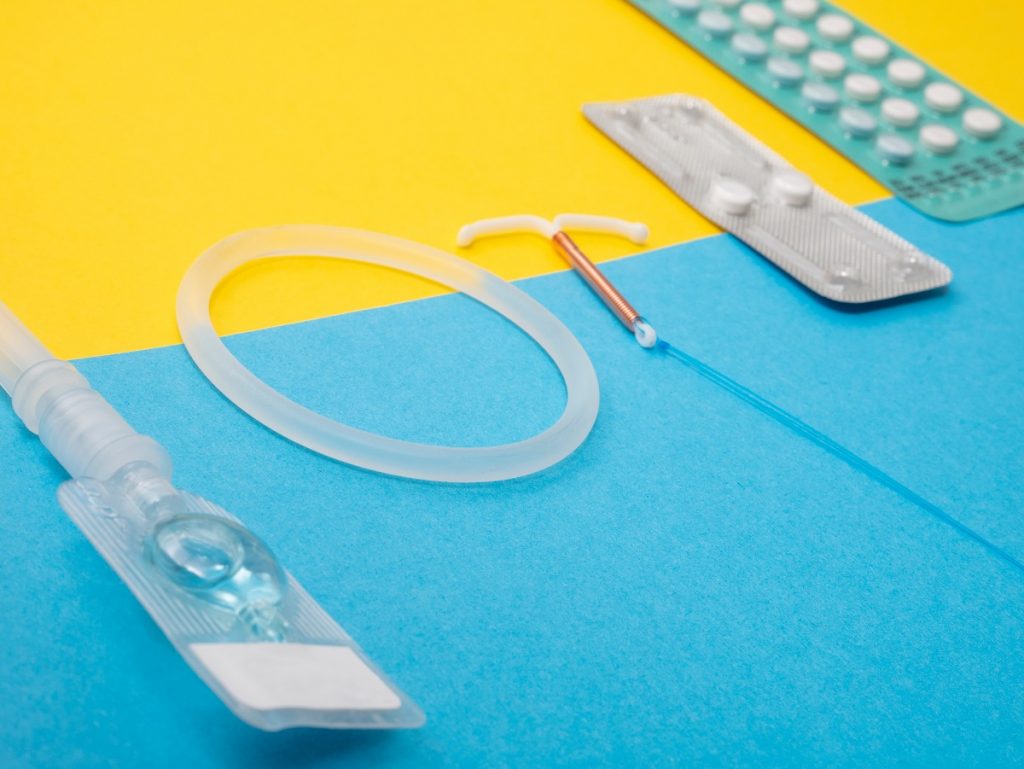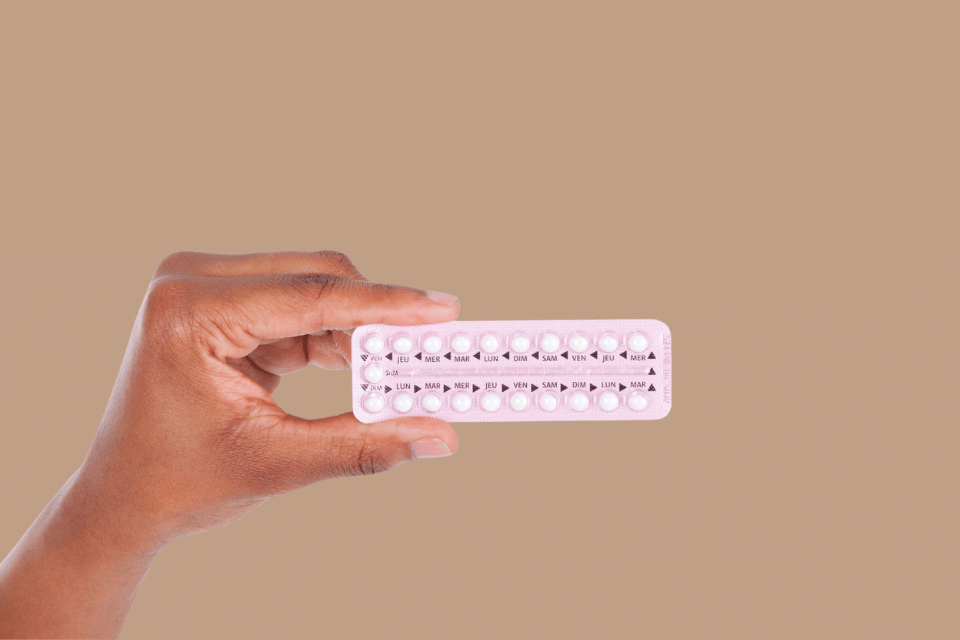We get it: dealing with hormones and weight gain, acne, and other nasties seems to just come with the territory of making sure you don’t end up pregnant. But does it have to be this way? Surely there’s a way you could use contraception without side-effects?
While there are dozens of options, no birth control method is perfect, and they all come with different pros and cons. Below, we’ve highlighted the contraceptives with the least amount of side-effects, all things considered.
The Diaphragm
The diaphragm is a flexible disc you can insert yourself before sex. It essentially blocks sperm from entering the uterus. You should remove it six hours after sex (to ensure no sperm enters), and it should be in your body for no longer than 24 hours overall – any longer and you run the risk of contracting infections.
Perfect if: You don’t want hormones messing with your body, and want more control.
The fine print: It might be annoying to place and remove very often, and can take time to learn how to use properly.
Condoms
Male or female condoms are a good bet if you’re trying to avoid getting pregnant. Some are coated with spermicide (look for the ingredient nonoxynol-9 on the package).
Perfect if: you don’t want hormones messing with your body, and want more control. This kind of barrier protection also gives you a buffer against STIs.
The fine print: These are part-and-parcel of most sexcapades. Make sure you never double-up: the rubbing up could cause breakage.

The Copper IUD
If you’re looking for something more permanent, this one seems to have the least amount of reported side-effects, according to anecdotal evidence. It’s a piece of copper inserted into your uterus (doctor’s visit required) that lasts five to ten years, depending on the type. It differs from the Mirena in that it’s not imbibed with hormones, lessening the side-effects. The copper prevents pregnancy because it’s toxic to sperm and eggs.
Perfect if: You’re not into hormonal side effects, or you don’t want to think about birth control all the time, or for a long, long time. It can also be taken out at any point.
The fine print: There are patients who report depression and acne. Your periods could be heavier for three to six months after insertion, and you could experience spotting.
There are other options not covered in this list, each with their own side effects and interactions. In the end, it’ll be up to you to decide which one fits your body – and lifestyle – best.
Looking for a one-stop solution? Try MyContraceptive now and get a quick consultation and your birth control delivered to you every month!
Sources: Medical News Today, NHS UK, and Zoie Health clinical experts

